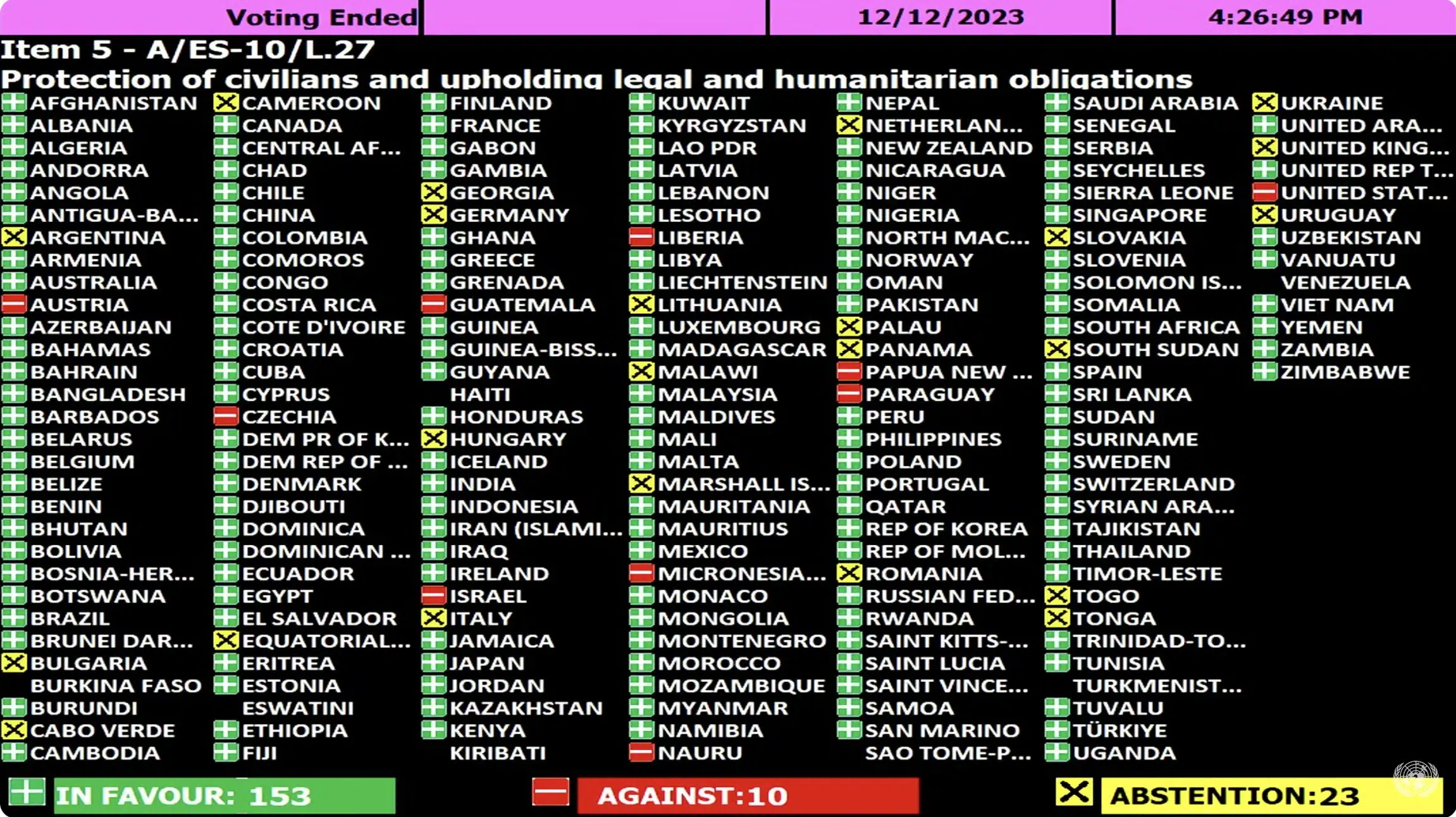Brussels – There is no common position on the Israeli bombing of Gaza. After two months of efforts to try to harmonise the different sensitivities of EU countries, the High Representative for Foreign Affairs Josep Borrell throws in the towel. “I should represent a common position, but there isn’t one. There are different approaches,” he had to admit upon entering the summit of heads of state and government of the 27.
After the European Council in October, in which EU leaders had struck a balance by calling for “the immediate release of all hostages” and “humanitarian pauses” to allow access and distribution of international aid, a step further is expected from the summit underway today and tomorrow in Brussels, because, as evidenced by the vote on December 12 at the UN General Assembly, the position of several EU states has evolved in the face of the nearly 20,000 Palestinian casualties and the continuation of the Israeli military strategy, which is proving incapable of safeguarding the lives of civilians.
The resolution by which the United Nations appealed for an “immediate humanitarian ceasefire” was passed by a very large majority with 153 votes in favor, 10 against, and 23 abstentions. Among the EU bloc countries, only Austria and the Czech Republic opposed it. Bulgaria, Germany, Hungary, Italy, Lithuania, the Netherlands, Romania, and Slovakia chose to abstain, but the remaining 17 supported the text submitted by the UAE, more than twice as many as the eight who approved the call for a ceasefire in late October.

“This is a fact,” Borrell stressed, “Many, many more people are leaning toward calling for a cease-fire. But the leaders will have to talk about it.” The one who promised to push for “stronger language” on Gaza in the European Council conclusions was the Irish prime minister, Leo Varadkar, who said that “Europe has lost credibility to the global south, which is most of the world, by not showing itself strong and united” and by lending itself to accusations of “double standards” on violations of international humanitarian law in Ukraine and Gaza.
Also insisting on a ceasefire will be Alexandre De Croo, prime minister of Belgium, and Pedro Sanchez, who holds the rotating presidency of the EU Council: “After the vote at the UN, where a large majority of EU countries have come out in favor of a humanitarian ceasefire, it is important for the EU to speak clearly, loudly, and uniquely,” the Spanish prime minister warned as he entered the summit. Of the same opinion was the huddle of European Commission officials – a few hundred – who organized a sit-in in front of the European Council headquarters to call for a ceasefire. The same ones who, back on October 20, had addressed a letter to Ursula von der Leyen strongly criticizing her unconditional support for Israel.
English version by the Translation Service of WithubSit-in di funzionari della Commissione per chiedere il cessate il fuoco a Gaza. pic.twitter.com/hZPHhK53DL
— David Carretta (@davcarretta) December 14, 2023






